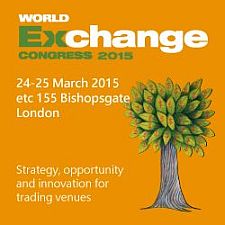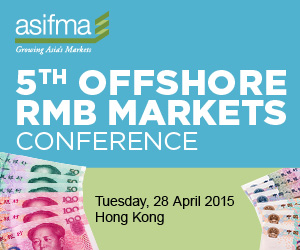Thailand
Clearing Agents:
Not applicable
Depositories:
The Thailand Securities Depository Co (TSD) is the central depository, securities clearing house and registrar for all securities listed on the Stock Exchange of Thailand (SET). The TSD is the central clearing and settlement agent for all listed securities on the Stock Exchange of Thailand as well as the scripless government and state enterprise bonds. The TSD is owned by the SET and it facilitates scripless settlement via its Share Depository Centre. It is divided in three divisions according to its main functions. These are:
1. Depository and Clearing Division;
2. Registration and Services Division; and
3. Business Support Division.
Although scripless settlement is not necessarily mandatory, share withdrawal from the depository is time consuming (it takes 30-45 days) and expensive, so most of the regularly traded securities are dematerialized. Securities traded at the SET must settle in the scripless system, unless the buying broker exceptionally agrees to an off-market trade and scrip settlement. This is extremely rare.
The TSD estimates that about 66.63% of securities are held in scripless form with the TSD. The remaining 33.37% are in physical form. As trading of physical shares is not possible, 100% of regularly traded shares are held in scripless form at the TSD. The market has been scripless for more than fifteen years, and in order to trade, shares must be in dematerialized form.
Payment Systems:
There are three main payment systems in Thailand, which are all provided for and supervised by the Bank of Thailand (BoT):
* cheque payments;
* BahtNet II payments (real-time electronic transfer), which are routed via the banks’ accounts with the BoT;
* MediaClearing (off-line electronic transfer executed overnight).
BahtNet II and MediaClearing payments are good funds. Cheques take one day for clearing in the Bangkok Metropolitan area but may take longer upcountry.
On October 1, 1997, custodian banks joined the Thailand Securities Depository’s (TSD) Net Clearing and Settlement System. This system was previously only available to brokers. It allows for netting of securities and cash between the TSD and each individual member. This new system largely replaced the previous system, where settlements were made against the respective counterparty. The ‘old’ system remains however in place, and can still be used for exceptional cases (late settlement) and fixed income securities settlements.
On September 8, 2000, the TSD introduced securities payment by cheque with electronic funds transfer through the settlement banks and the Bahtnet system of the BoT, instead of using cheques. Through this process, custodians can make payments via the Bahtnet system; whereas brokers can pay for their securities via the two settlement banks, the Siam Commercial Bank Public Co Ltd and the Bangkok Bank Public Co Ltd. The TSD will therefore act as an intermediary in the securities clearing and settlement between settlement A, settlement B and the custodians through the Bank of Thailand’s Bahtnet system.
Brokers send/receive the payment to/from their settlement banks, which will send/receive that payment to/from the TSD through the Bahtnet system. Custodians will send/receive the payment to/from the TSD through the Bahtnet system.
Overdraft Permitted
Due to the tight restrictions on non-residents as regulated by Bank of Thailand (BoT), intra-day or overnight overdraft facilities, are not available to non-residents. On-shore financial institutions are requested for co-operation to refrain from entering into financial transactions beyond THB50 million per non-residents counter-party without underlying trades or investment in Thailand. Said restriction applies to granting of THB facilities or creating contingent liabilities resulting in ultimate payment of foreign currency to non-residents. The granting of credit facilities means direct loan, overdraft facility, buy-sell swap, currency swap, interest rate swap, forward rate agreements option, and repurchase agreement. In practice, it is difficult for commercial banks to monitor the facilities not to exceed the limit per client across other banks in Thailand, therefore the facilities are not provided.




